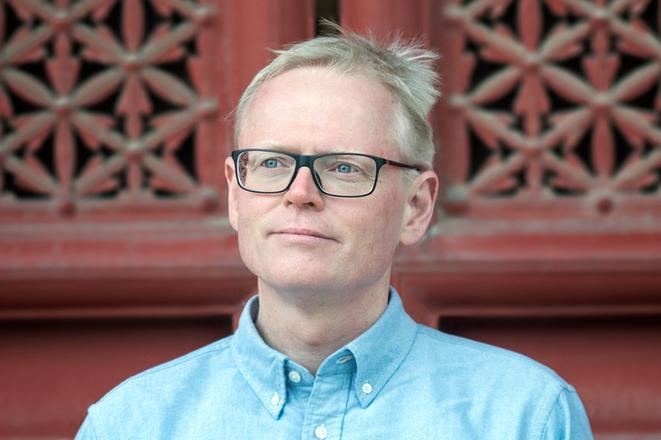In this interview, Ian Johnson talks about:
Why he decided to focus on China in his reporting
What it means that China is a country with no reality check benchmark
Why authoritarian tendencies in the west are a problem
How journalists should report on civil society
Why news reporting and commentary need to be separated in newsrooms
Why people need to pay for quality news reporting
TSS: Why did you choose to study in Beijing in the 1980s, what was your motivation?
Ian Johnson: I grew up in Montreal, Canada in the 1960s and 1970s when there was a lot of tension over language. My generation was the first one that was forced to learn French. This made me realise the importance of language. Later in university, we had to choose a foreign language and, just for fun, I took Chinese.
TSS: In 2001 you got the Pulitzer for your coverage of China, particularly the religious group Falun Gong. Why did you start focusing on religion?
IJ: It was a big news story back then. There was a big religious resurgence in China that started after Mao died in the late 1970s and when Deng Xiaoping took power there was a religious revival. Chinese religion, kind of similar to Indian religion, has a physical component. In India there is yoga, in China it is called Qigong. The movement was very well organised and they had a big protest in downtown Beijing because they wanted to be legalised. And the government then closed it down and began to arrest people. The protests became a big news story. I had always been interested in religious and spiritual questions. What do people believe in? So when I saw this movement, I began to report on it.
Ian Johnson
A Canadian Pulitzer Prize-winning journalist who has mostly focused on reporting about China in his career. In his reports and books, he deals particularly with spiritual life in China and the role that religious beliefs play in the life of Chinese people and their country. He lives in China and Germany.
TSS: In your texts about China you highlighted the great earthquake in 2008 to emphasise the role of civil society. How does civil society function in China now?
IJ: The earthquake was a high point for civil society in China. Hundreds of thousands of people died in the earthquake. And there was a spontaneous outpour of support. People even got in their cars and drove to the area, bringing water. NGOs and churches got involved and tried to help out. In the initial days this was accepted, but after a few days the government closed it down saying they could do it on their own. I think it is symbolic of how civil society works here. The government has over the past years cracked down more and more on civil society. The government allows only NGOs that are not political at all, are very localised and have no network. If you have a local NGO that is looking to protect the local river, that is ok, but if you try to link up with other environmental NGOs around China, that is not ok. And anything that has a more political aspect, like rule of law, is completely taboo.



 Ian Johnson (source: Courtesy of Ian Johnson)
Ian Johnson (source: Courtesy of Ian Johnson)